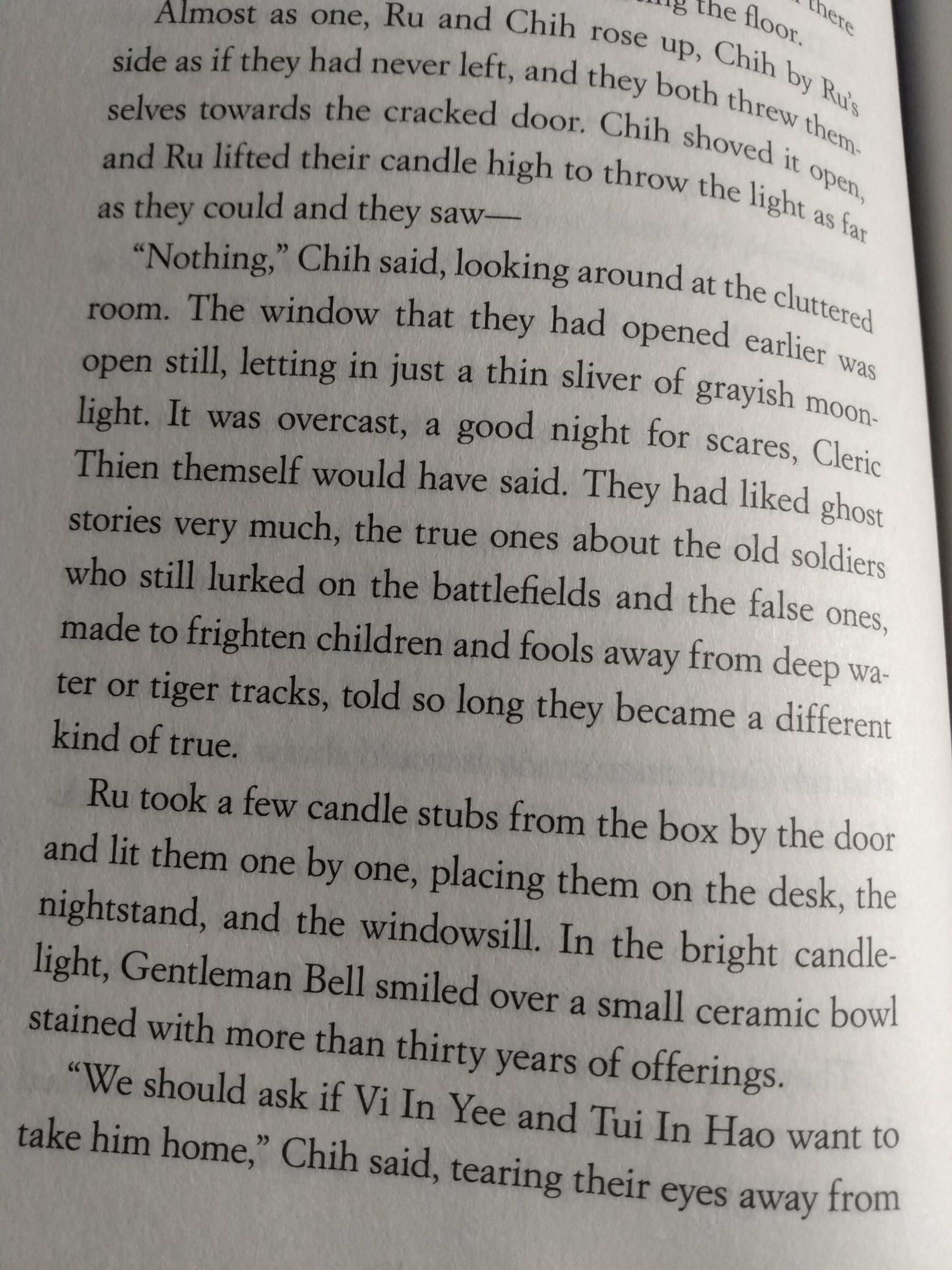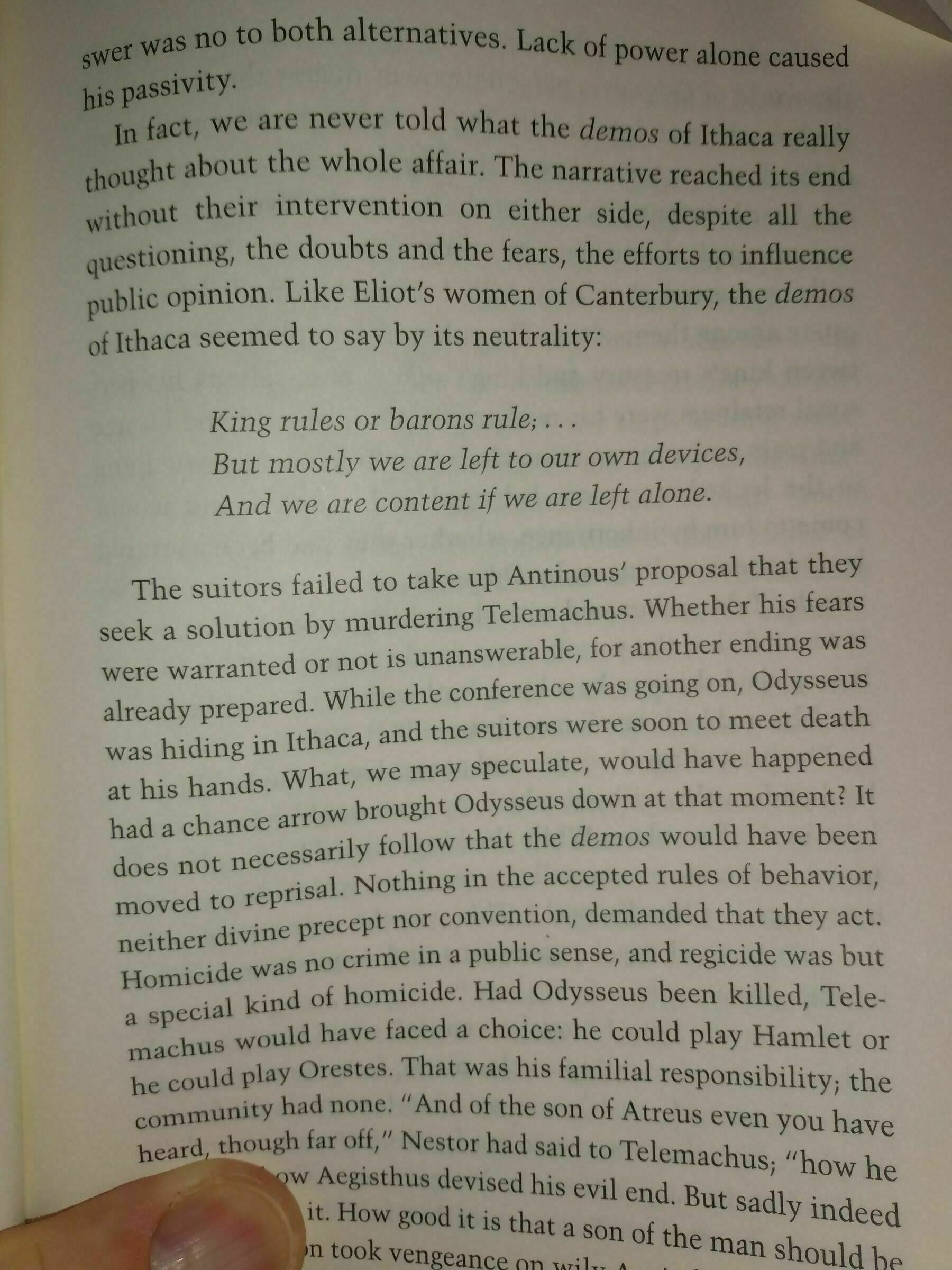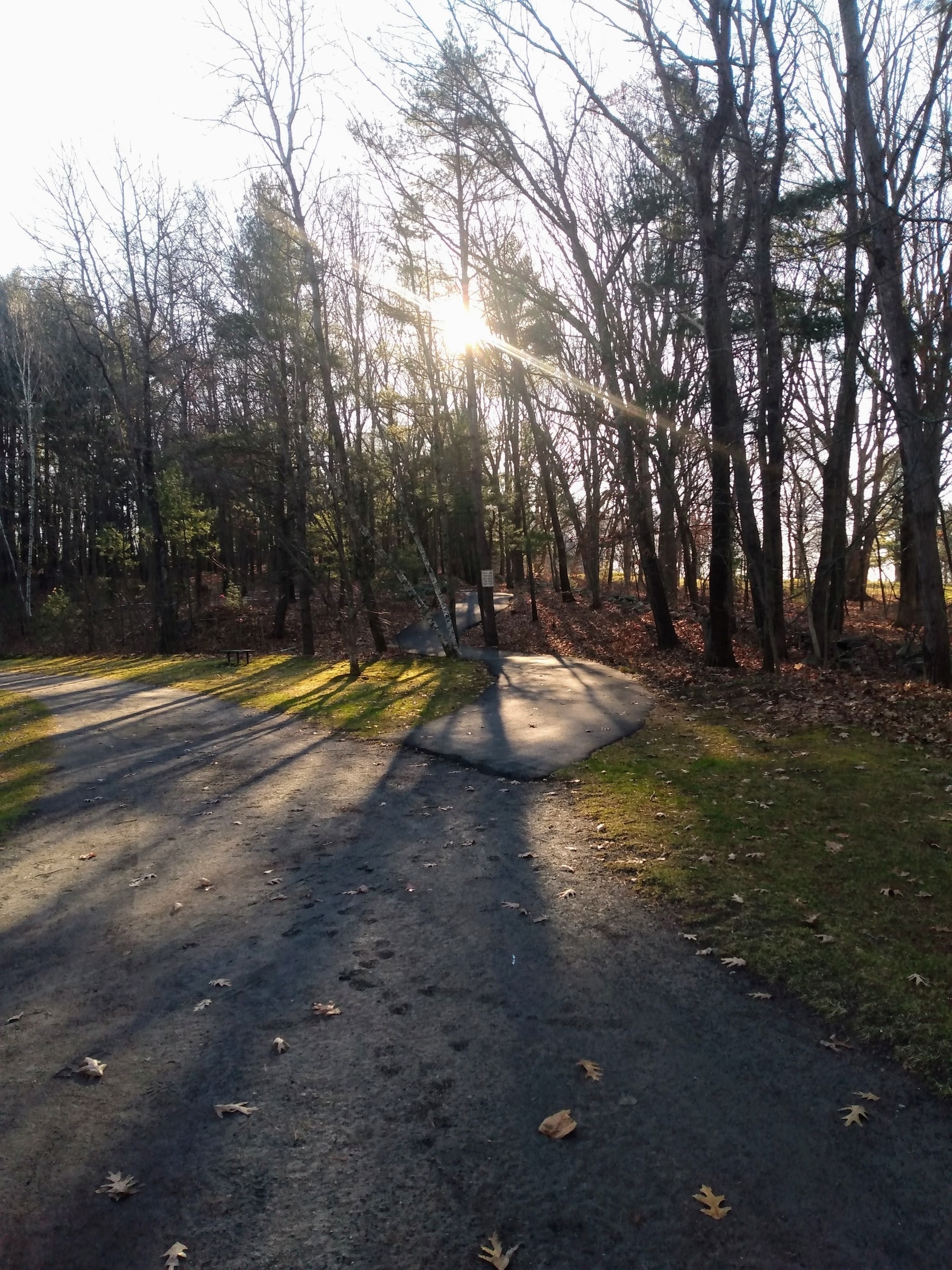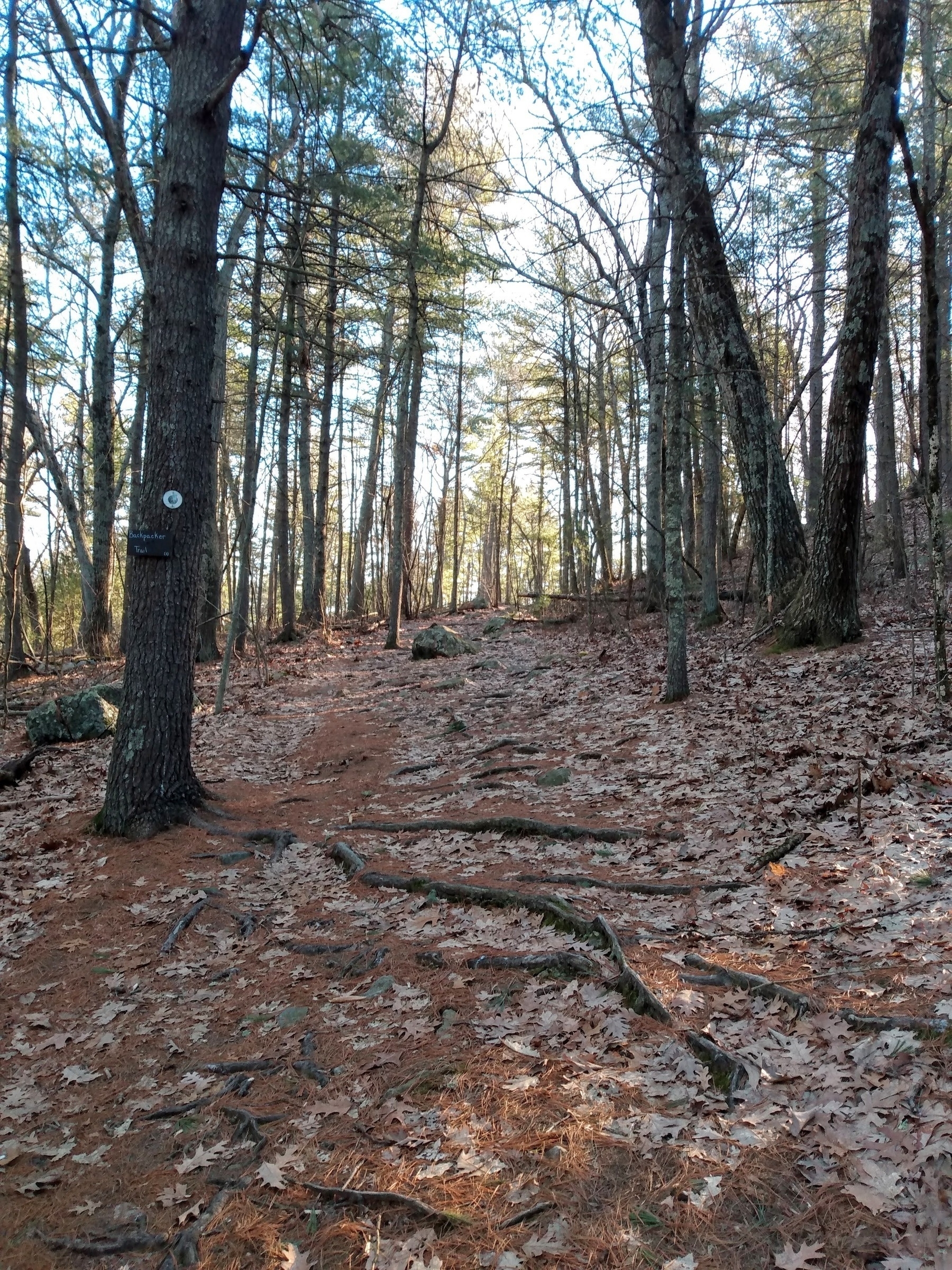Week 51, 2023
The week started with a freak storm and power outages predicted to last 4 days- luckily ours was back in about 24hours- and ended with the start of the much needed Christmas break.
Reading
I came across this quote from Brian Eno:
"[S]o much of modern art is the sound of things going out of control, of a medium pushing to its limits and breaking apart. The distorted guitar is the sound of something too loud for the medium supposed to carry it. The blues singer with the cracked voice is the sound of an emotional cry too powerful for the throat that releases it. The excitement of grainy film, of bleached-out black and white, is the excitement of witnessing events too momentous for the medium assigned to record them. "
Makes you wonder how much of art’s beauty will be lost under the guise of a digital perfection.
I also read a pretty fun short story by Andrew Van Wey called “December 20th 1986.” It was a fun horror romp about a giant eye that shows up in a man’s basement as he tried to host the most important Christmas party of his life. This was short, creepy, seasonal and I actually finished it of December 20th.
Listening
Spotify continues to impress me with it’s ability to deliver new artist to me that are right in my wheelhouse. The lasted examples is Mindwarden’s album TIMELESS. It’s dark jazz, perfect for fans for fans of lingering piano notes, misty interiors and introspective science fiction in the mode of BLADE RUNNER.
Watching
Not much unfortunately. That’s something I want to get better at in the new year- finding interested out of the way movies to watch.










